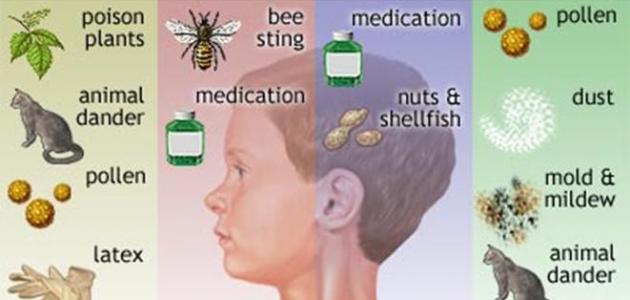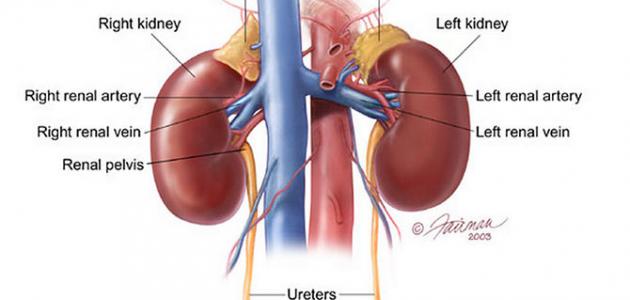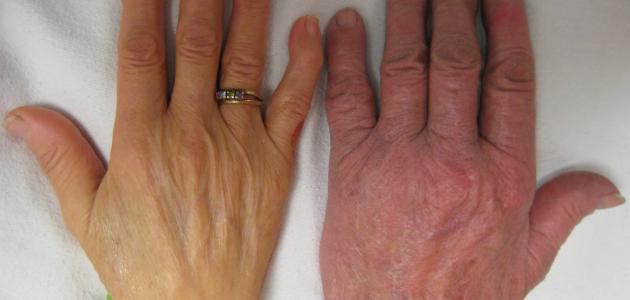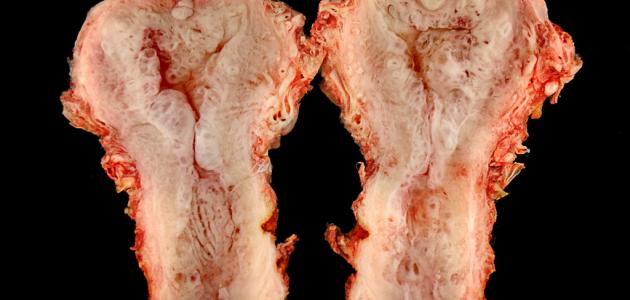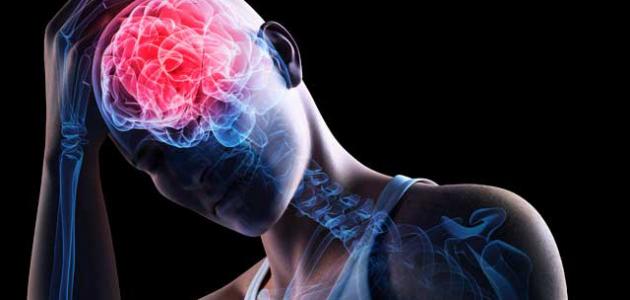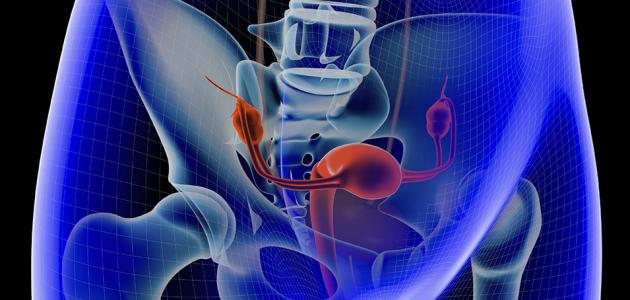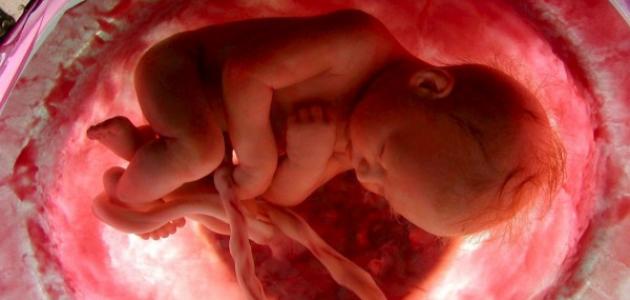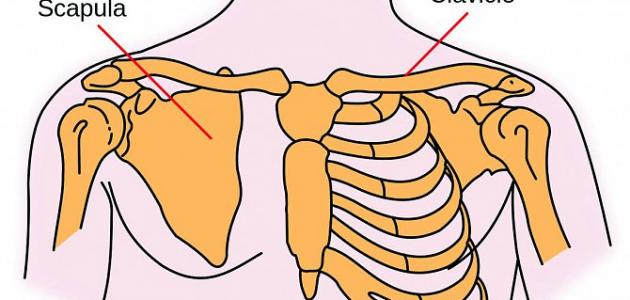Contents
Histamine
Histamine Is a chemical fired mast cells in the immune system when exposed to any cause of the causes of allergies , symptoms, [1] and is classified chemically as Amin resulting from the removal of the carboxyl group of the amino acid histidine , [2] and amine is defined as the organic nitrogen-containing compound, which is derived from the ammonia NH3. [3]
Functions of histamine
Very high levels of histamine, or problems related to its proper breakdown, affect other normal body functions, as its presence has several very important functions, including the following: [4]
- Histamine acts as a neurotransmitter; It transmits several messages and signals to the brain.
- Histamine is a component of stomach acid. Which helps to break down food during the digestive process.
- Histamine is part of the body's immune response, as it is released in response to allergies or infections.
Histamine and allergies
Some allergens such as pollen, dust, or animal dander appear harmless, but the immune system may consider them a threat that requires a response, and when the response is large and exaggerated, this leads to the formation of allergy symptoms, and it can be stopped by antihistamines, through the following mechanism : [5]
- The immune system's response to an allergen begins by sending chemical signals to mast cells in the skin, lungs, nose, mouth, intestines, and blood, which causes them to release histamine.
- The release of histamine increases blood flow to the area affected by the allergen.
- This results in inflammation, which triggers the immune system to release certain chemicals that can fix it.
- Histamine binds to its receptors in the body.
- If the nose is affected by an allergy to pollen, histamine stimulates the membranes to increase the production of mucus, which leads to a runny or blocked nose and thus sneezing, and mucus can irritate the throat, cause coughing, and lead to itching in the nose and eyes.
- In the event of a food allergy, histamine responds in the same way to allergic rhinitis, but its effect is on the gastrointestinal tract. Safe, called scombrotoxin fish poisoning, which is less likely to occur with food safety.
Antihistamines
Antihistamines are medicines used to treat allergy symptoms. They are in the form of pills, capsules, or liquids, and through which the following symptoms are treated: [6]
- Runny nose, congestion, and itching in it, in addition to sneezing.
- Swollen nasal ducts.
- Rash skin .
- Tears run from the eyes, and itchy.
References
- ↑ "HISTAMINE" , www.aaaai.org , Retrieved 18-2-2018. Edited.
- ↑ The Editors of Encyclopædia Britannica, "Histamine" , www.britannica.com , Retrieved 2-18-2018. Edited.
- ↑ Peter AS Smith Eric Block (26-12-2017), "Amine" , www.britannica.com , Retrieved 18-2-2018. Edited.
- ↑ Kiara Anthony (12-12-2017), "Histamine Intolerance" , www.healthline.com , Retrieved 19-2-2018. Edited.
- ↑ Luqman Seidu, MD (1-6-2016), "? What 'Post Are Histamines" , the www.webmd.com , Retrieved 19-2-2018. Edited.
- ↑ "Antihistamines for allergies" , www.medlineplus.gov , Retrieved 19-2-2018. Edited.
